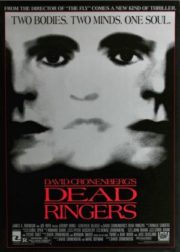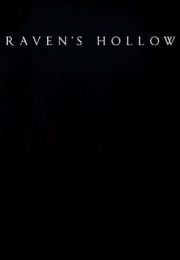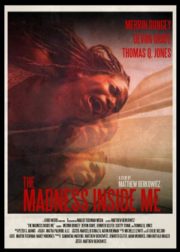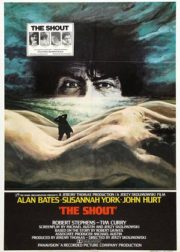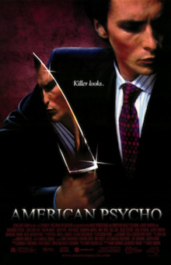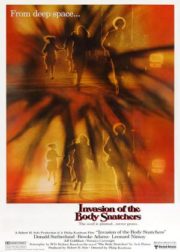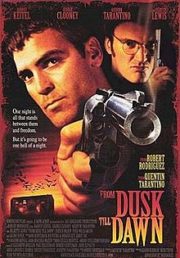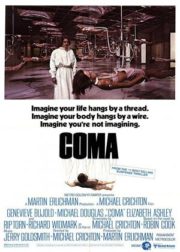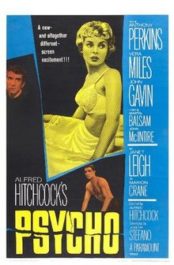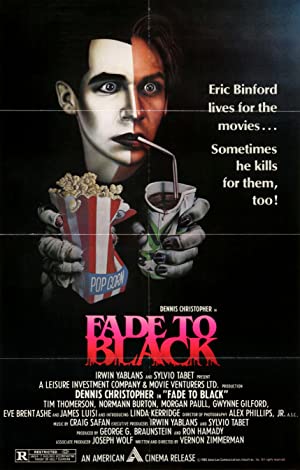
“Fade to Black” is a psychological thriller film released in 1980, directed by Vernon Zimmerman. The film stars Dennis Christopher, Linda Kerridge, and Tim Thomerson and tells the story of a socially awkward film-obsessed young man who becomes consumed by his fantasies and seeks revenge against those who have wronged him.
Plot Summary:
The film centers around Eric Binford (Dennis Christopher), a shy and introverted young man who finds solace in movies. He works at a film distribution warehouse during the day and spends his nights immersed in classic Hollywood films. However, Eric’s obsession with movies begins to blur the lines between fantasy and reality.
As Eric becomes increasingly disillusioned with the real world, he starts to dress up as his favorite film characters, emulating their actions and mannerisms. When he is ridiculed and mistreated by those around him, Eric’s resentment and anger grow, leading him to take matters into his own hands.
Eric sets out on a dark and twisted path, seeking revenge against those who have wronged him, using his knowledge of movies to enact his plans. As his actions become more violent and unhinged, the line between Eric’s movie-inspired fantasies and his actual acts of violence become blurred.
Themes and Impact:
“Fade to Black” explores themes of obsession, identity, and the blurred boundaries between fantasy and reality. The film delves into the psychological journey of its protagonist, Eric, as he descends into madness and uses movies as an escape and a means of expressing his anger and frustrations.
Dennis Christopher delivers a compelling performance as Eric Binford, capturing the character’s transformation from a socially awkward film enthusiast to a disturbed and vengeful individual. The film’s dark and atmospheric cinematography adds to the overall sense of unease and psychological tension.
Upon its release, “Fade to Black” received mixed reviews from critics and did not achieve significant commercial success. However, it has gained a cult following over the years, appreciated for its unique premise, psychological depth, and examination of the darker aspects of fandom and obsession.
Conclusion:
“Fade to Black” is a psychological thriller that explores the consequences of obsession and the dangers of blurring the lines between fantasy and reality. With its portrayal of a socially awkward film lover turned vengeful antihero, the film offers a dark and intriguing examination of the psychological effects of isolation and mistreatment. While it may not have achieved widespread recognition upon its release, “Fade to Black” remains a notable entry in the psychological thriller genre and holds appeal for those interested in exploring the darker side of fandom and the power of movies to shape one’s perception of the world.
Submit your review | |
"Fade to Black" is a 1980 psychological thriller directed by Vernon Zimmerman. This dark and intriguing film tells the story of Eric Binford, a socially awkward and obsessed cinephile who finds solace in movies and becomes increasingly delusional as he begins to blur the line between fiction and reality.
Dennis Christopher delivers a compelling performance as Eric Binford, a young man who is constantly bullied and ostracized by those around him. He finds escape in his extensive knowledge of films and begins to emulate his favorite movie characters, ultimately descending into a dangerous obsession that leads to a series of violent acts.
"Fade to Black" explores themes of isolation, alienation, and the power of cinema as a form of escapism. The film cleverly weaves together various genres, paying homage to classic Hollywood films while also examining the darker side of obsession and the impact of media on an individual's psyche.
Visually, the film captures the gritty atmosphere of Los Angeles and incorporates elements of classic film noir, adding to the sense of unease and tension. The cinematography and use of lighting effectively enhance the mood and contribute to the overall atmospheric quality of the film.
While "Fade to Black" may not have gained mainstream success upon its initial release, it has since developed a cult following for its unique premise and exploration of cinephilia. It offers a thought-provoking examination of the blurred boundaries between fantasy and reality, showcasing the dangerous consequences that can arise from unchecked obsessions.
Overall, "Fade to Black" is a compelling and unsettling film that delves into the psyche of an isolated individual and the destructive power of unchecked obsession. It serves as a cautionary tale about the dangers of losing oneself in a fantasy world and offers an intriguing exploration of the relationship between cinema and personal identity. If you appreciate psychological thrillers and films that delve into the darker corners of the human mind, "Fade to Black" is worth exploring.

